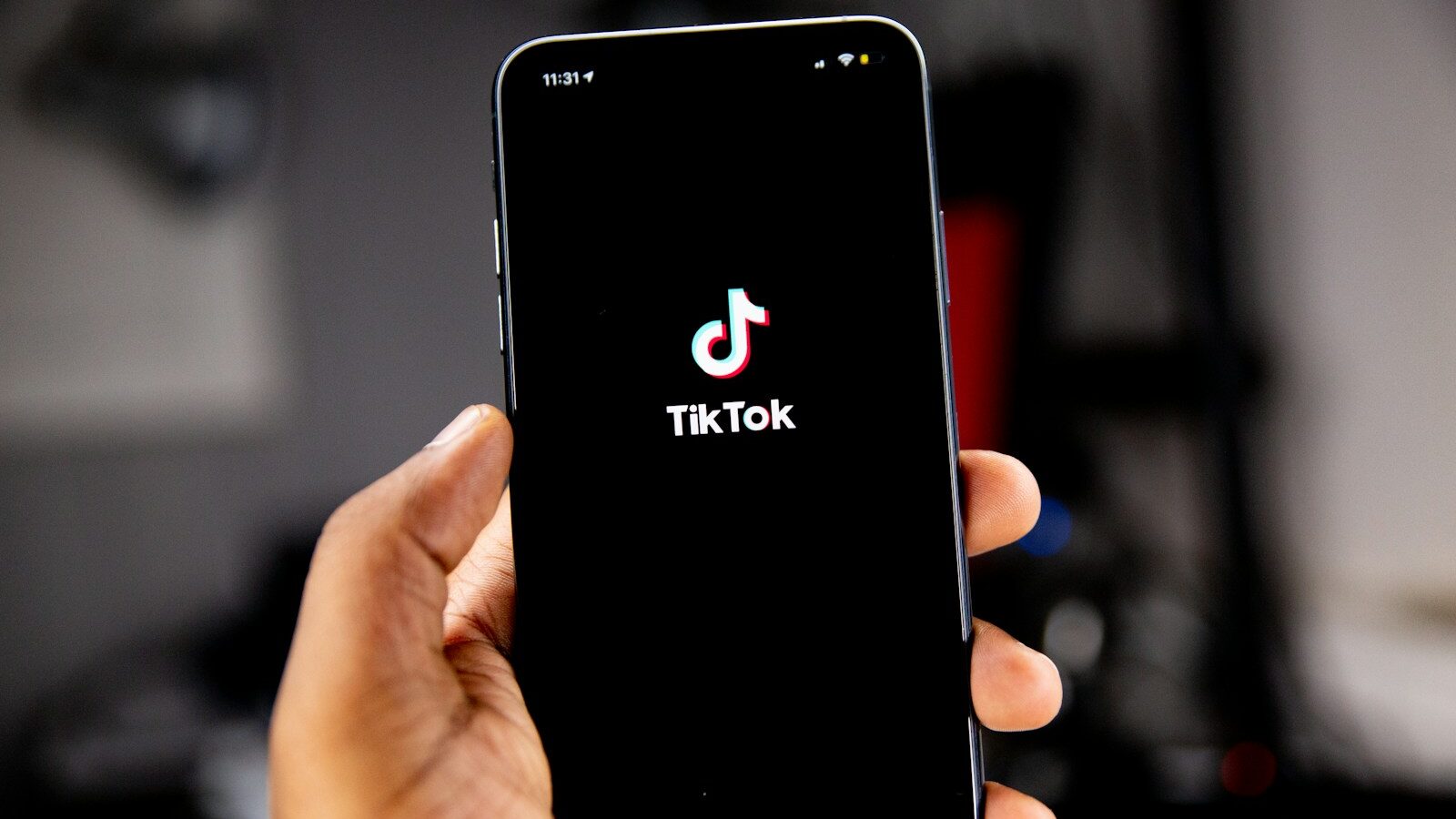HR business partnering is more than a role – it’s an attitude, an ambition and a driving force to raise the level at which HR operates. It transforms how HR interacts with stakeholders, which leads to transforming what HR can deliver, and how they’re regarded.
If you want to ensure that HR outcomes are driven by business needs, then a robust partnership between HR and the business is crucial. But how do you ensure that the HR business partner responds effectively to business needs? How can you achieve a higher level of strategic impact?
Expecting more from the HR professional in the role is unfair – and won’t deliver – if the conditions are not created for them to succeed.
HR business partners must be spearheaded by the C-Suite
A good HR business partner can be a powerful conduit to understanding business reality and deploying HR’s resources effectively. But only if there is proactive leadership from the Chief Human Resources Officer (CHRO).
Business partnering has to be led from the top. What is the business rationale? How will it work as a strategic principle as well as an operational relationship?
Let’s start with the big picture, the why, and then we’ll come back to the operational implications and the daily life of the HR business partner.
In what way will the introduction of the HR business partner role – for it has to involve more than a different job title – contribute towards strategic goals?
All senior leaders need to be on board with the why. “It has to be more than the CHRO saying ‘I want this model’ – there has to be a business rationale”, says Asad Husain, 4 x CHRO in leading global organisations. “The CHRO needs to have fully imagined how it will play out and work, how it will be different and what their role will be – how things will be different.”
HR business partnering is one element in a strategic rethink for HR
As always, context is key. What else is changing? Is this part of an organisational transformation, where the business rationale is clear? To what extent are the HR systems and processes geared up to support a more client-driven way of working? Expecting more from the HR professional in the role is unfair – and won’t deliver – if the conditions are not created for them to succeed.
That comes down to the relationship between the CHRO and CEO. This plays out at every level, right down to the HR business partner. They won’t be able to deliver unless they are supported by leadership across the organisation. “In this,” says Asad Husain, “the size of the company doesn’t matter.”
How well equipped is your existing HR talent to fundamentally shift their stakeholder relationships?
Let’s look now at the individual HR business partner and how they shift the relationship so that they are able to add value at a higher level. Moving towards business partnering is achieved conversation by conversation – explaining and advocating the benefits of deploying the HR business partner’s expertise more strategically.
If we assume that the strategic rationale is clear and supported, then the HR business partner still needs to explain to their stakeholders what this responsibility means in practice. Often the individual moving into this role can no longer take on as much from their line manager, who has to be more self-sufficient in some areas to leave time and space to engage with the business partner more strategically in others.
Where this isn’t handled well, or where trust isn’t in place, the line manager can feel disappointed and frustrated that they can no longer ‘dump’ issues on the HR professional. They may even take this issue to their own boss. ‘HR are being unhelpful’, is a complaint I’ve heard made. The way the line manager’s boss deals with this is pivotal. Do they say ‘yes, I understand why the HR business partner is saying that, let me explain the rationale …’ or do they say ‘that’s not right, I’ll sort it,’ and head off to complain to HR at their level.
Performance management quality is the acid test for HR business partners
To see how this plays out, let’s look at a typical scenario faced by the HR business partner. The line manager – we’ll call them ‘Jan’ – has a performance issue in their team. For the busy HR business partner as well as the stressed line manager, the most time-effective solution in the short term might be to ‘sort this out for me’ as requested by Jan.
It’s at this point that the HR business partner makes a critical decision. This may take more of their time in the short term but will deliver more in the long term. Will they take the time right now to explain how they can add more value if they handle this differently? If they do this successfully, they can coach the line manager and achieve a better long-term solution.
A great HR business partner shows a genuine curiosity and appetite for getting under the skin of what drives business success.
The HR business partner and line manager relationship
The change in the way the HR business partner and line manager work together has to be explained within the business context – the benefits that it will deliver.
The Business Partnering Matrix, below, clarifies how the HR business partner can move the conversation forwards. All four modes have value at the appropriate time, but it’s important for the HR business partner to ask themself two key questions about where the conversation is going:
- To what extent am I talking with the line manager about the business (and not HR)?
- To what extent am I talking with the line manager about the future (and not the present)?
These two factors will build outcomes that deliver greater value, alongside more trusting and robust relationships.

What does a great HR business partner look like?
A great HR business partner shows a genuine curiosity and appetite for getting under the skin of what drives business success.
Let’s go back to Jan and the performance issue. A business-savvy HR business partner will use experience and data to provide a deeper analysis of the impact of performance issues. For example, they might say: ‘Jan, I reckon that you’re having to spend a day a week dealing with team members who aren’t meeting the required standards.’ That will get Jan’s attention to the broader issue and the need to improve their own skills.
The HR business partner can take this logic to Jan’s boss, and point out ‘You’ve got 10 Jan’s struggling to get the performance they need from their teams. When we add up all that time, it’s a significant waste of resource – and big numbers get senior leaders’ attention. We could spend that on training them and increase productivity as well as reducing attrition.’
Leading business partnering from the top is the best route to ensuring that HR deliver what the business needs.
What are the results of great HR business partnering?
The rewards come when the operational outcomes turn the strategic vision into reality.
This example applies at every level of the organisation, and across every function, whether you’re focused on productivity, performance, wellbeing, engagement or customer experience. It’s the small things that add up to the big numbers.
The maturity of leaders and how they view their responsibility in leading and managing performance is another important element. “The CHRO has to lead the entire company,” says Husain. “You have the reach and the breadth of exposure and the power to ensure that leaders follow the process that was agreed by the business.”
HR business partners require strategic support to deliver strategic value
Too often, as I hear from many HR business partners in our workshops, senior leaders expect the HR business partner to achieve some kind of magical transformation on their own. Good HR people, whatever their role title, will always seek to understand the business, raise the level of the conversation, and coach and challenge the line manager to manage their people well.
The business partner has to use examples in the moment to explain the rationale behind the bigger picture. The performance issue that’s happening right now, for example, is an opportunity to explain how HR can add more value if they work on the cause rather than the repeated effect.
Achieving true HR business partnering takes work
Leading business partnering from the top is the best route to ensuring that HR deliver what the business needs.
Whatever the HR business partner is facing at the front line with the line manager, and how well they can deliver the transformation in how HR relates to the business, depends on the level of understanding and commitment that exists at the most senior level of the organisation.
The true power to make it work comes from strategic business alignment – a clearly articulated business case that can be shared at every level of the organisation.
Enable HR’s new Business Partnering programmes recognise the new demands of the role. Please register your interest.
[cm_form form_id=’cm_65a14c3f5da64′]








